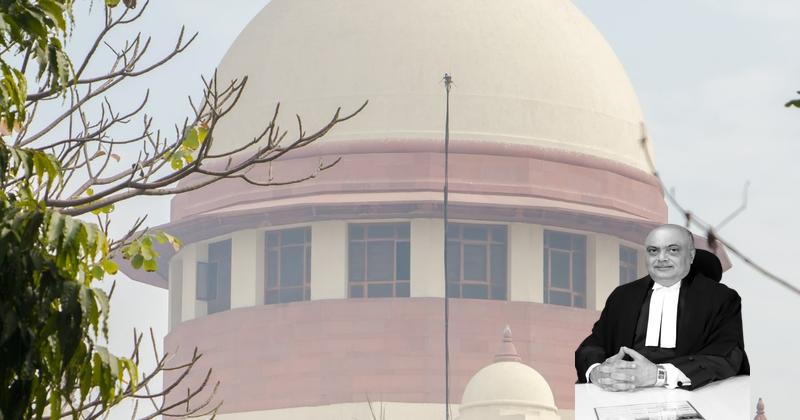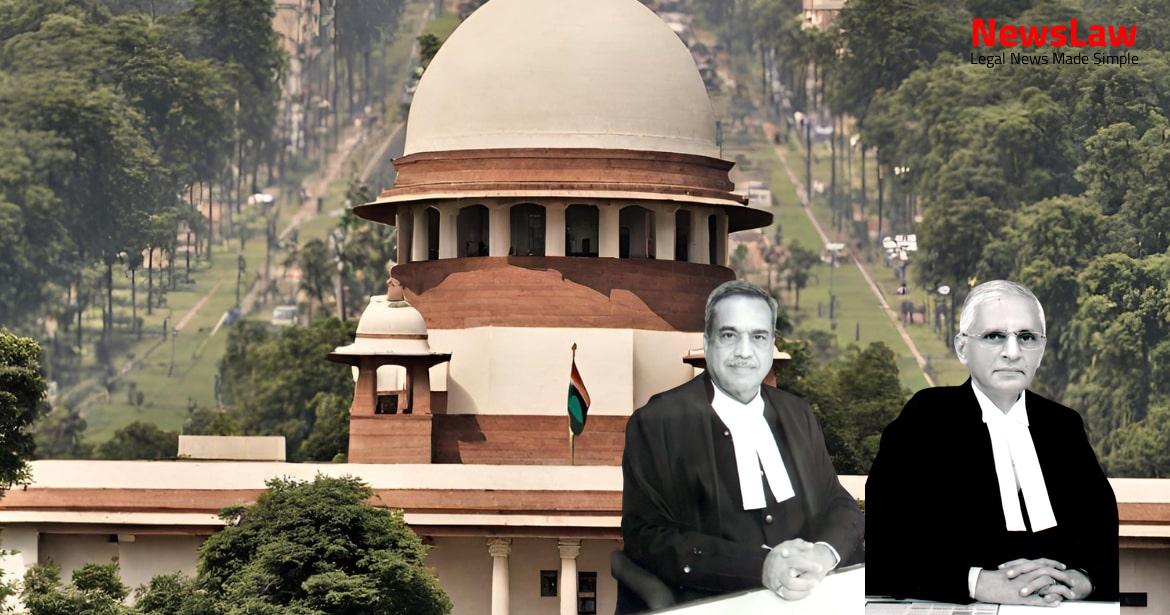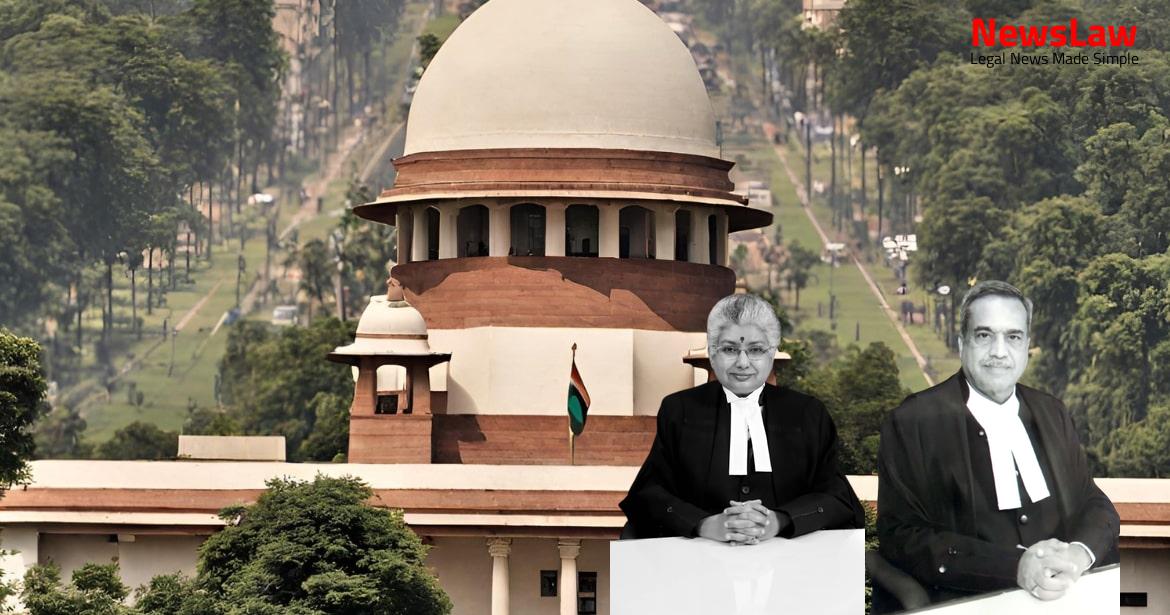As per the Government of Pondicherry, Electricity Department, Group B (Technical) Assistant Engineer (Electrical) Recruitment Rules, 1979 (hereinafter referred to as ‘ the Rules ’ ) for the post of Junior Engineer, 50% of the vacancies are to be filled by promotion, and the remaining 50% are to be filled by direct recruitment.
Also Read: https://newslaw.in/supreme-court/selection-and-appointment-of-judicial-officers-in-himachal-pradesh/
The promotion is made among Junior Engineers with three years of regular service for those with a Degree in electrical engineering and seven years of regular service for those with only a Diploma in electrical engineering.
Significance of the aforesaid is that in order to earn their promotion to the post of Assistant Engineer, a Junior Engineer, possessing an Engineering Degree, has to have fewer years of service while in the case of a Diploma holder, the requisite period for service, to be eligible for promotion, was more. No 355/2008, challenging the decision of the Puducherry administration to promote the Junior Engineers, who were originally Diploma holders and acquired degree during service, as Assistant Engineers under the Degree quota, immediately after they acquired their degree without insisting on a three-years of continuous service from the date of acquisition of the degree.
The CAT opined that the Rule in question in the present case is almost identical to the Rule in the aforesaid case and, thus, concluded that the Degree and Diploma holders are distinct, and both are entitled to promotion in their respective quota.
In the proceedings before the High Court, the two parties relied upon the aforesaid two judgments – the Appellants on Shailendra Dania & Ors.
Stephen Joseph case deals with the very same Rules, in question, as in the present case. Stephen Joseph case, being the judgment of two-judges, on the true interpretation of that Rule, in question. Stephen Joseph case apparently was not reflecting the correct opinion as while construing almost identical Rules, a larger Bench of three-Judges had opined to the contrary in Shailendra Dania & Ors. Watertight compartments are created for the two classes of employees – the ones with the higher educational qualification requiring lesser number of years of service, and the ones with lesser educational qualification requiring higher number of years of service. While referring to the Rule, it was submitted that the plain and dictionary meaning of the word “ with ” is “ accompanied by ”.
This was stated to permit the private Respondents to infiltrate into the quota meant for the Degree holders based on a wrong interpretation of the Rule and relying on the earlier judgment of this Court in the case of D. A reference was also made to two other judicial pronouncements of this Court in Anil Kumar Gupta v. The effect of the aforesaid pronouncements was stated to be that in case of the Electricity Department of the Union Territory of Puducherry, the principle that has emerged in respect of the Rules is that for the purpose of the eligibility for promotion as Assistant Engineer, Diploma holders can count their service prior to the acquisition of their degree.
There is no gainsaying that this Court has unequivocally declared that promotion to the post of Assistant Engineers in the service shall be on the basis of merit and merit alone and that seniority of the candidates cannot be taken as an input for determining such merit.
The question, however, is whether the Government could draw-up a list of eligible candidates not by reference to the length of service in the cadre but by reference to the date on which the candidates acquired the eligibility which, as noticed earlier, was itself dependent upon the date on which the candidate acquired the degree qualification. Inasmuch as the review DPC relied upon the date of acquiring eligibility as the basis for preparation of the list of eligible candidates, it committed a mistake which needs to be corrected.” A reading of the aforesaid paragraph shows that the promotion to the post of Assistant Engineer was to be based on merit and merit alone. SENIORITY OF PROMOTEES………
Case Title: T. VALSAN (D) THROUGH LRS. AND ORS. Vs. K.KANAGARAJ AND ORS. ETC.ETC. (2023 INSC 502)
Case Number: C.A. No.-003466-003468 / 2023



